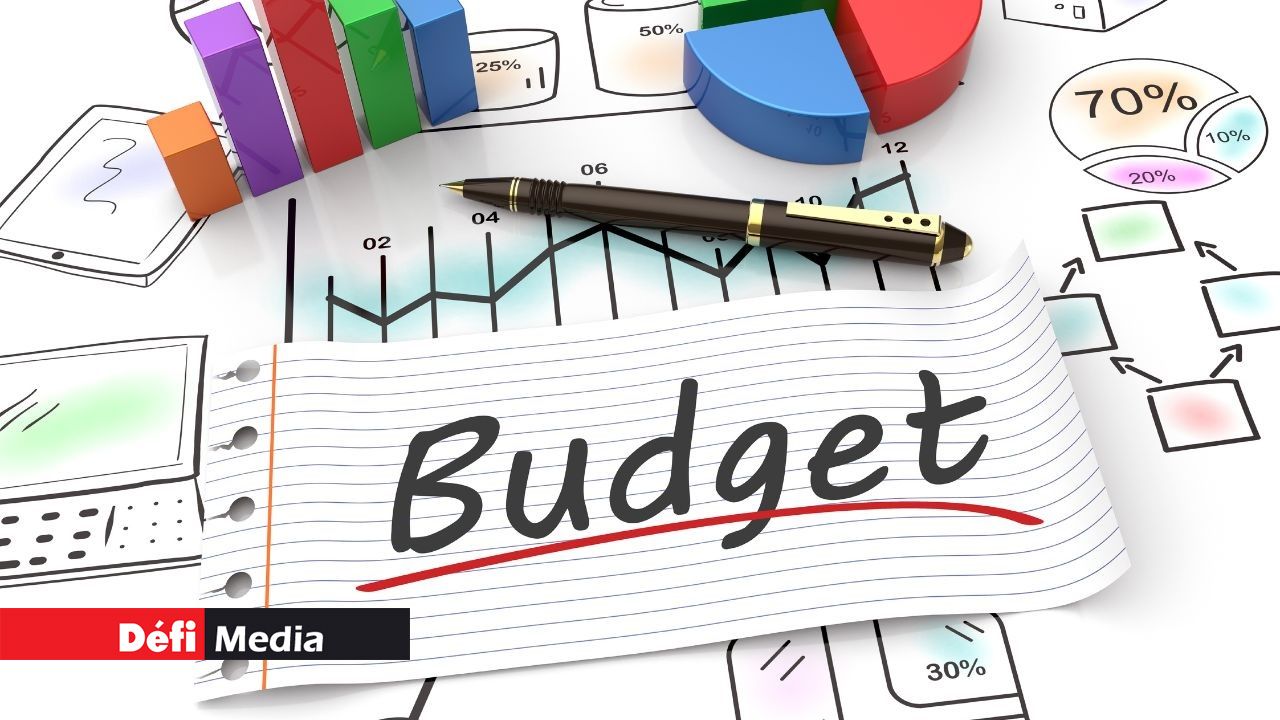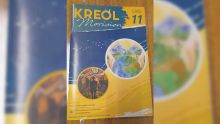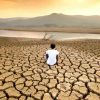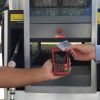
We, as a small country, have no control over world commodity supplies and their prices. We buy or go without. Or produce it, if we can, provided we can gather the necessary technology, tools and raw materials.
Publicité
TAKE THE ISSUE OF PETROL PRICES.
People rumble, and protest when they- rightly so- do not understand what is happening. And more importantly, they do not know what can be done to reverse a negative situation. From land, lagoons and the open seas (our 1 million sq.km of Mauritian EEZ), we can ensure a large degree of food security, especially of basics such as rice, flour, dairy produce, meat, fruit and, not to be neglected, medical products. And, of course, full energy self-sufficiency. From the current 20% of our needs in food produced locally in 2023 to 60- 80% within 10 years. Let’s work hard for it: Government, private sector, citizens, for achieving energy and food self-sufficiency, soon.
Added to that the obvious action: buy what we produce (aste ‘Made in Moris’), produce what we need and most importantly, reduce waste, all of which citizens can do.
TAKE THE ISSUE OF PETROL PRICES.
We import 100% of all the petrol we use, hence totally dependent on SUPPLIERS in Asia and the Middle East. In any case, the price of fossil fuels will go on increasing till 2050, and then be simply unavailable to small buyers like us when petrol, a non-renewable resource, runs out. An answer, of course, is to set up now a fleet of electric vehicles, running out of solar energy-driven ‘filling’ stations, totally independent of imported petrol and diesel. For cooking gas (which we import entirely) we can produce gas from biofuels locally, as quite a few countries have done, in particular China.
I have for the last several years, from Duval to Padayachy as Ministers of Finance, proposed a plan to make us largely independent of fossil fuels.
The Minister of Finance Padayachy in 2023 made an important positive move to encourage the import of electric and hybrid vehicles with provision for importation of these duty-free and a subvention of Rs 200,000 per vehicle. Today, most manufacturers such as Nissan, Renault, Ford, Toyota, Hyundai, Kia, BMW, Jaquar, Mahindra, Peugeot, Chevrolet, Citroën, Fiat, Honda, Volkswagen, Mitsubishi, Mercedes-Benz, produce reliable electric vehicles.
Without fuel and with electric power cuts (large part of our electricity from CEB is produced by fuel generators), there will be no transport, no work, no schooling, no supplies of food, no bread, no ambulance services, reduced police fire and other services, no flights, no port activities etc. The country is at a standstill. I have witnessed 2 countries in Africa (Nigeria and Zimbabwe) which suddenly found themselves without fuel. The country came to a standstill and riots broke out at filling stations and elsewhere. "Gouverner c’est prevoir", so let us plan to avoid such a disaster.
The Objective for the FUTURE remains: make MAURITIUS a country independent of imported petrol. We must turn to ALTERNATIVE TECHNOLOGIES, such as electric vehicles and hydrogen technology, still being developed. This is how we will survive when petrol becomes scarce, at an exorbitant price, which it will be so in a not too distant future.
A fleet of electric vehicles + the metro, extended Mauritius-wide, will ensure our mobility when petrol becomes too expensive or is not available. For motorists, it will be a drastic reduction in his/her “petrol” bill. A fleet of electric vehicles can reduce the costs of running the vehicle almost to zero. A new proposal is to impose on ALL Filling Stations the installation of solar panels, batteries and charging booths for electric vehicles, free of charge (or at minimal cost) since the batteries will be recharged using solar energy.
Also, the availability of the new technology to transform/convert petrol vehicles into hybrid/electric ones.
When batteries will be more efficient and cheaper, we can assemble electric vehicles here, including (using the latest technology) converting old second-hand petrol vehicles into electric ones. Also, as from right now, ALL DUTY FREE vehicles authorized for civil servants would have to be electric cars.
An increase of 20%, then 50%, of customs duties on all petrol and diesel vehicles imported in 2024, with advance notice to importers of further increases in the next budgets, with a date limit for banning them completely (UK has announced a ban on gas-powered cars by 2030 and hybrids by 2035; USA by 2025). When for us in Mauritius, an isolated small island state?
As well as societal changes such as reducing travel by reorganization work place and schooling for adults and children to go to work and school on foot/bicycle in the locality where they live, + huge increase in online study and work outputs.
On energy production, we are calling for major incentives and grants to accelerate the transition to renewable energy on a large scale (i.e. the combination of solar/wind/geothermal and biofuels). A transition which has started slowly in Mauritius and urgently needs incentives to accelerate.
The latest report of the IPCC is categorical: we must all do all we can to combat climate change. Since petrol vehicles contribute a major part of carbon gasses into the atmosphere, the key action is the replacement of petrol vehicles with electric ones.
Dr Michael ATCHIA
(Past Programme Director with the United Nations Environment Programme, UNEP)
Member Democracy Watch Mauritius.

Notre service WhatsApp. Vous êtes témoins d`un événement d`actualité ou d`une scène insolite? Envoyez-nous vos photos ou vidéos sur le 5 259 82 00 !





















